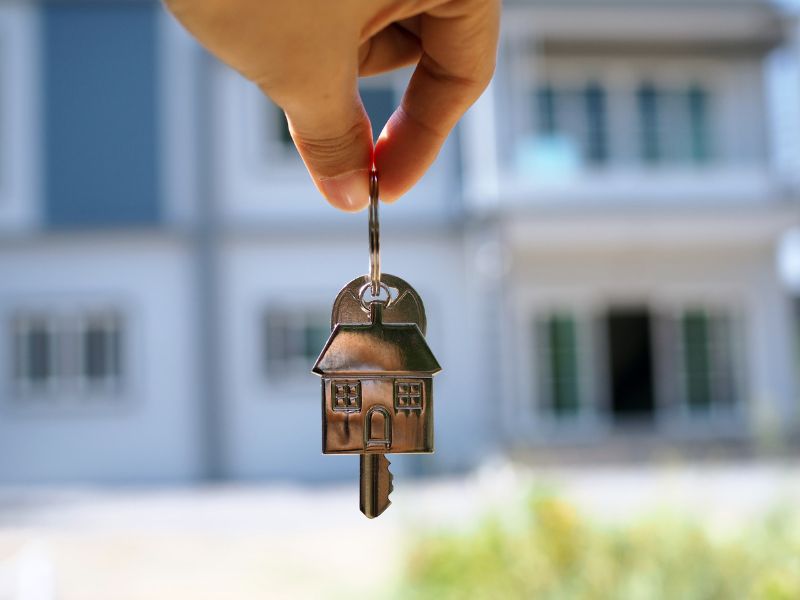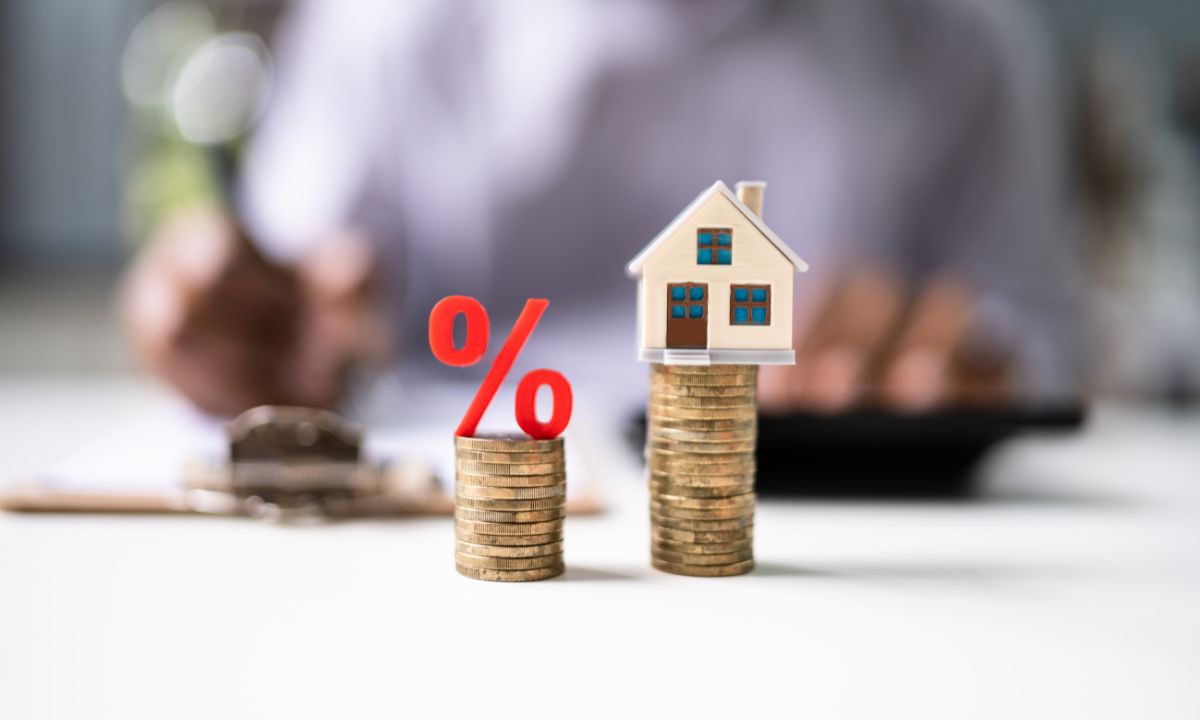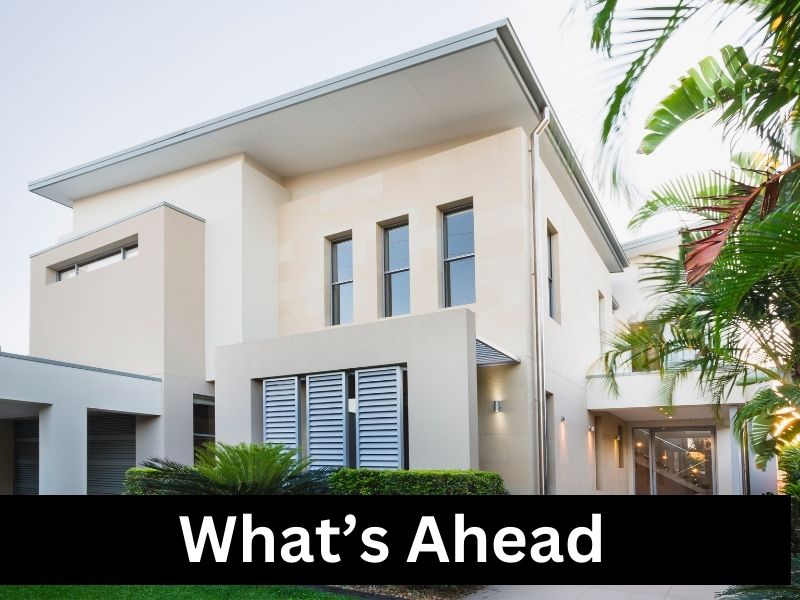Are You Ready for Home Ownership? Find Out by Answering These 4 Questions
 Do you ever dream about a larger, roomier, or more luxurious living space? Or perhaps just want to experience the joy of owning your own home and building your net worth instead of renting? Let’s explore a few questions that can help to answer whether or not you’re ready for a new lifestyle as a homeowner.
Do you ever dream about a larger, roomier, or more luxurious living space? Or perhaps just want to experience the joy of owning your own home and building your net worth instead of renting? Let’s explore a few questions that can help to answer whether or not you’re ready for a new lifestyle as a homeowner.
Can You Realistically Afford To Buy A Home?
The first consideration to make is a financial one: can you afford it? Buying a home is a significant financial investment. In most cases, you’ll need to manage monthly mortgage payments for many years. The good news: owning a home is more affordable than you might think. If you’re already a stable renter then you’re most of the way there.
Do You Have Your Down Payment Saved Up?
If you’re confident that monthly payments are no problem, then the next step is saving up enough to cover your down payment. This is a lump-sum investment that you make when you buy the home. Typically your down payment is around 20 percent of the home’s cost, but there are assistance programs that can reduce this further.
Do You Know What Type Of Home You Need?
Once you’ve cleared all of the financial hurdles, you will need to decide exactly what kind of home you need. If you’re a single young professional, a condo or apartment might be the perfect starter home from which you can upgrade later. Or you might prefer something more rural which comes with more yard space, perfect for pets.
Are You Ready To Set Down Some Roots?
Finally, it’s worth taking some time to decide whether or not you’re ready to emotionally and physically invest in your local community. Is your career stable enough that you won’t be moving for at least a few years? What about that of your partner or spouse? If you don’t already, do you envision having children in the future? All of these are considerations that will help you choose the right neighborhood.
When you are ready, our professional mortgage team is here to help you finance the home of your dreams.

 Owning a home is a significant milestone, but the burden of a mortgage can loom large. Fortunately, there are various strategies to expedite your journey to mortgage-free living, ultimately saving you money on interest payments. We will discuss mortgage payment strategies, such as bi-weekly payments, extra payments, and more, to empower homeowners in their quest for financial freedom.
Owning a home is a significant milestone, but the burden of a mortgage can loom large. Fortunately, there are various strategies to expedite your journey to mortgage-free living, ultimately saving you money on interest payments. We will discuss mortgage payment strategies, such as bi-weekly payments, extra payments, and more, to empower homeowners in their quest for financial freedom. A vacation is a time to relax and unwind, but it’s essential to ensure that your home remains safe while you’re away. Nobody wants to return from a fantastic trip to find their home has been broken into. With a few precautionary measures, you can significantly reduce the risk of your home becoming an easy target for theft. Here are ten tips to help secure your home while you’re on vacation:
A vacation is a time to relax and unwind, but it’s essential to ensure that your home remains safe while you’re away. Nobody wants to return from a fantastic trip to find their home has been broken into. With a few precautionary measures, you can significantly reduce the risk of your home becoming an easy target for theft. Here are ten tips to help secure your home while you’re on vacation: In the realm of real estate, dreams often come in various sizes. For those with aspirations of owning a luxurious home that goes beyond the conventional price range, understanding the particulars of financing becomes vital. Enter the world of Jumbo Loans, a specialized form of mortgage designed for high-value homes. We will review the key aspects of Jumbo Loans and provide valuable insights for consumers looking to step into the realm of high-value real estate.
In the realm of real estate, dreams often come in various sizes. For those with aspirations of owning a luxurious home that goes beyond the conventional price range, understanding the particulars of financing becomes vital. Enter the world of Jumbo Loans, a specialized form of mortgage designed for high-value homes. We will review the key aspects of Jumbo Loans and provide valuable insights for consumers looking to step into the realm of high-value real estate. The following week of CPI and PPI reports are typically lighter, with this week showing the same trend. There are a number of interesting interim reports that are worth noting however, including the Federal Reserve’s Beige Book which indicates the labor market has been cooling across most of the country. Following up is the Consumer Sentiment Reports, which is an excellent indicator for how the average consumer feels about their buying power, reflecting on the current economic conditions. Slower inflation, cheaper gas and a healthy economy have boosted optimism. Lastly, retail sales reports showing activity in December.
The following week of CPI and PPI reports are typically lighter, with this week showing the same trend. There are a number of interesting interim reports that are worth noting however, including the Federal Reserve’s Beige Book which indicates the labor market has been cooling across most of the country. Following up is the Consumer Sentiment Reports, which is an excellent indicator for how the average consumer feels about their buying power, reflecting on the current economic conditions. Slower inflation, cheaper gas and a healthy economy have boosted optimism. Lastly, retail sales reports showing activity in December.